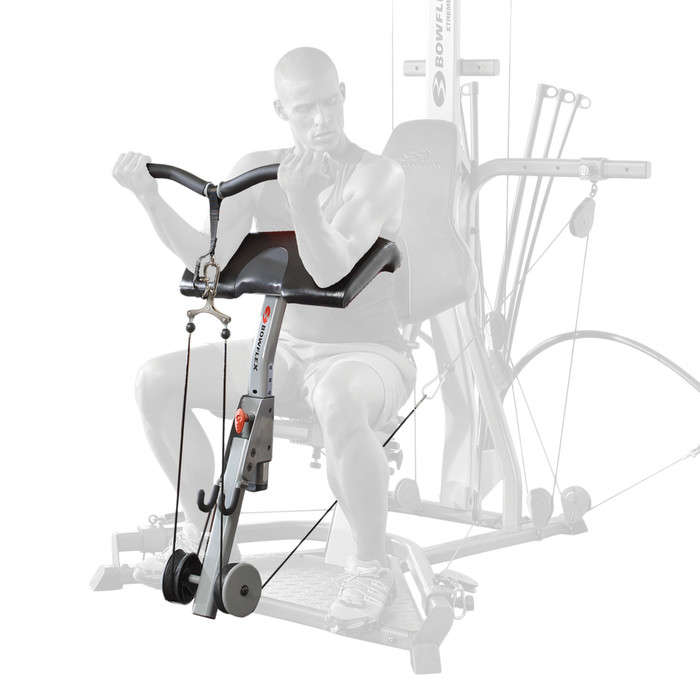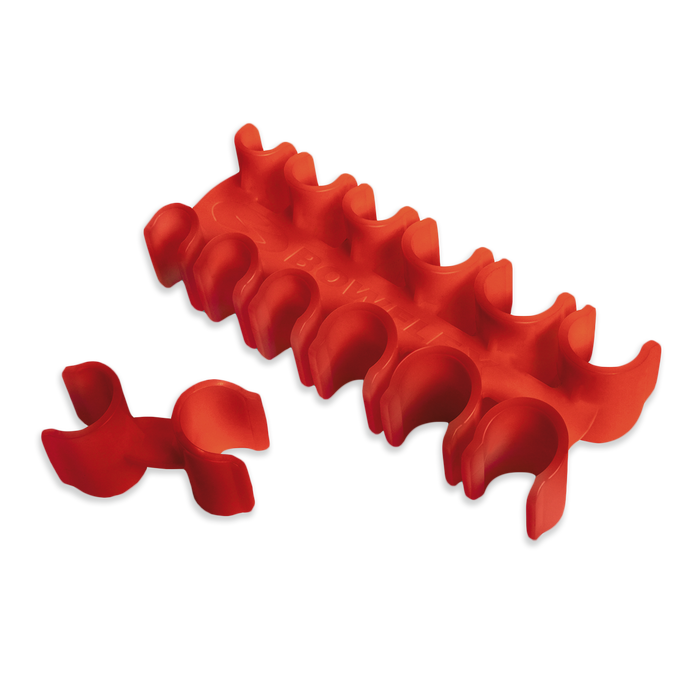Super Herbs and Spices: The Super Ingredients You're Missing

Cinnamon to stave off diabetes and high blood pressure? Curry to calm inflammation? Arnica to reduce pain and a whole long list of herbs and spices that I can't pronounce that could cure you of any ailment known to mankind and bring world peace. Herbs and spices have been used for centuries as natural remedies for numerous illnesses, but which ones work, which ones don't, and which ones are potentially dangerous? (Just because they're natural doesn't mean they're 100% safe!)
Potency: How much is enough?
The problem with many health claims related to herbs is that we can't consume a high enough dose to be effective and safe without having side effects. While something may sound good in theory or on paper, it actually isn't practical. Case in point: cayenne pepper and green tea both increase basal metabolic rate (BMR), which is how many calories we need just to exist and doesn't count calories used through exercise, but the number of extra calories is so insignificant it won't make a measurable difference on the scale. To burn an extra 30-40 calories per day you have to drink at least six cups of green tea!
Cinnamon is a great way to add flavor and sweetness to food without adding extra calories or sugar but the jury is still out on if it has any impact on blood sugar and blood pressure.
The herb arnica in cream or gel form is very effective in easing muscle soreness. This is one product you may want to add to your post-workout routine!
Incorporating anti-inflammatory herbs and spices, including cilantro, parsley, and turmeric, which is in curry, when combined with a well-rounded nutrient dense diet can help manage inflammation and pain levels in conditions like arthritis and fibromyalgia but no single herb, spice, or food is a cure-all.
When are herbs and spices harmful?
If taking herbs or spices in supplement form, which is a much higher dose than what is consumed through cooking and eating, make sure you ask your doctor or primary care provider first and always list supplements under medications on health and medical questionnaires. There are many interactions and food-medication-supplement interactions are complex with many variables involved. Some of the most common harmful interactions are anticoagulant medications and garlic or ginger.
What herbs and spices are worth eating for health?
Herbs and spices used in cooking help add flavor, color, and nutrients, including vitamins, minerals and anti-inflammatory properties. Regardless of whether or not they have a profound specific health benefit, herbs and spices can help lower the fat, sugar, and sodium content of a dish without sacrificing flavor. This makes healthy eating more enjoyable, which in turn means healthy eating becomes easier to stick with. That alone is worth adding herbs into your daily cooking repertoire! Here's a short list of common herbs and spices with either known or potential health benefits worth adding to your plate:
- Herbs: Cilantro, parsley, basil, garlic, ginger
- Spices: Cinnamon, cayenne pepper, and turmeric/curcumin
Stay tuned for part 2 of this two-part series on how to easily incorporate more herbs and spices into your daily cooking routine.





























